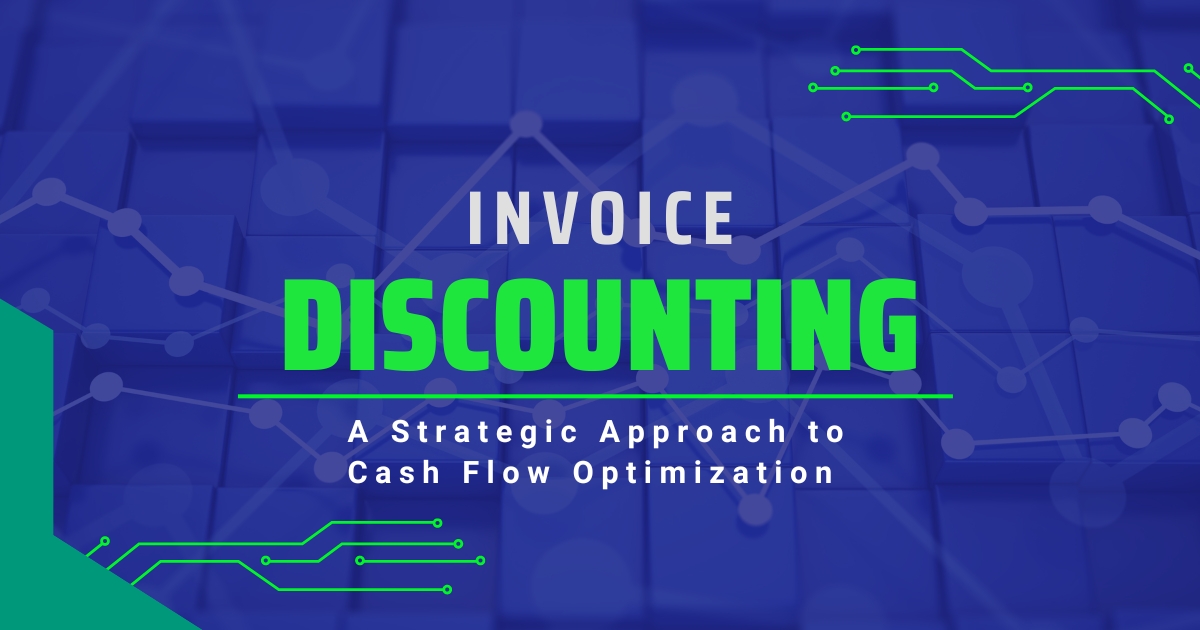
The Basic Requirements for Becoming an Invoice Finance Anchor
- Livfin
- March 25, 2019
- Invoice Financing
- apply for invoice finance, Invoice Discounting, Invoice finance, Invoice Finance Anchor, invoice financing Firm
- 0 Comments
Nowadays, many entrepreneurs are looking for alternatives to the conventional methods of raising short-term business finance such as small business loans. The need has arisen from the fact that the traditional financial vehicles are often slow and cannot effectively deliver quick credit – which is the need of the hour in today’s agile marketplaces and supply chains. That is the reason why invoice factoring and invoice discounting have become popular among SMEs in recent times. Invoice finance allows entrepreneurs to raise short term credit quickly and without any physical asset collateralization.
In invoice finance, a business sells its account receivables to the factor/invoice discounting company and gets a percentage of the invoice value as a quick short-term loan. The invoice discounting company either collects payments directly from the Anchor i.e. the buyer of goods/services or is paid in full by the SME upon receiving the payment for its account receivables
The availability of invoice finance generally depends on the reliability of the Anchor’s business model. However, at present, there is not a whole lot of clarity on the eligibility criteria for an Anchor in the financial market. Which often leads aspiring SMEs to disappointing results when they apply for invoice finance. In this post, we are sharing the three basic requirements set by LivFin – India’s leading invoice discounting company – for your commercial buyers to be qualified as an Anchor, which in turn, will make an SME eligible for invoice finance.
Companies of Annual Turnover Between ₹ 300 Crores to ₹ 1,500 Crores
As invoice finance carries a heavier risk than normal loan financing, the requirements for your commercial customer to be qualified as an Anchor is also high. It reassures the invoice discounting firm (i.e. LivFin) of the reliability of the buyer’s finances and their ability to pay the dues on time. Also, a larger commercial client is more likely to sign up for invoice discounting and invoice factoring arrangements as they have multiple SME vendors who can get paid early and thence speed up their supply chain deliveries.
Minimum Business Vintage of 3 Years or More
Just like the reliability of finances, the stability of the business is also a must have for a large business to qualify as an Anchor Party for invoice finance and distributor finance. Many startups can meet the financial requirements within the first or second year of operations but their business models may still be volatile. Therefore, a minimum of 3 years in business is required to make sure that the business model has stabilized and can be trusted with large scale financial lending on their behalf. Because, in effect, invoice finance depends on the credibility of the Anchor rather than the credibility of the actual borrower.
Positive net worth
In simple terms, positive net worth means, the total assets of the commercial giant should be more than its total liabilities. Again, it’s a stabilizing factor which needs to be verified by the invoice discounting firm. A large firm can have the required turnover and time in business, but if their net worth is affected by past business misadventures or market turmoil, the invoice discounting firm may deny the Anchor tag to them. A sound example of this is the IL&FS saga that unfolded recently.
So, if you think your commercial partner satisfies these terms, then you can initiate your application process for invoice finance. Or, if you are a business owner seeking to become an Anchor, you can get in touch with Team LivFin through care@livfin.com.
LivFin serves diversified industries with supply chain finance and working capital finance, making it one of the most flexible and agile non-banking financial company in India. To know more about the financial solutions offered by the NBFC, visit www.livfin.com.








